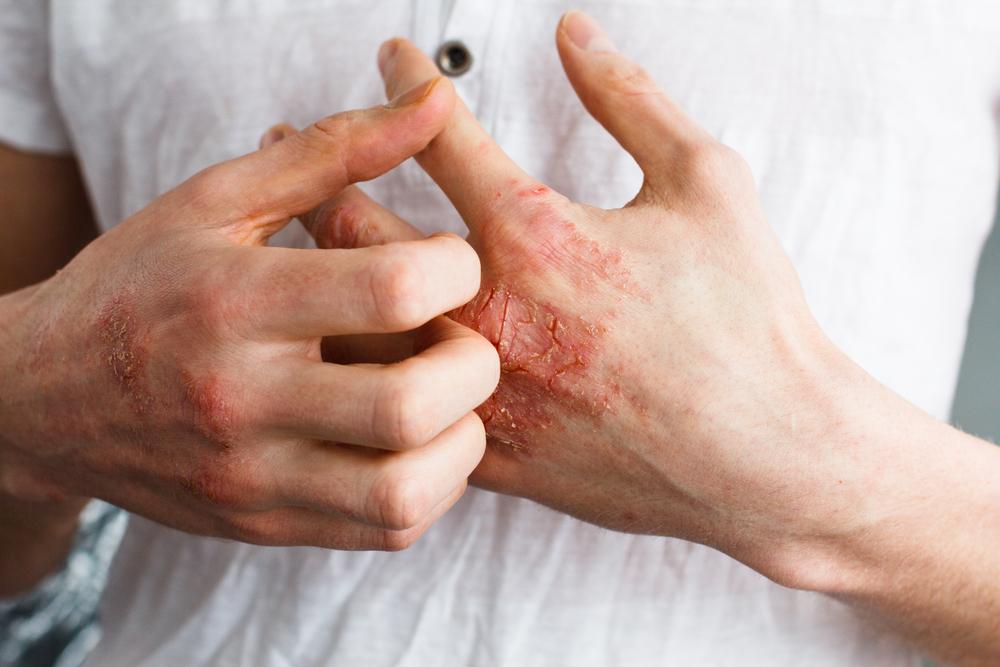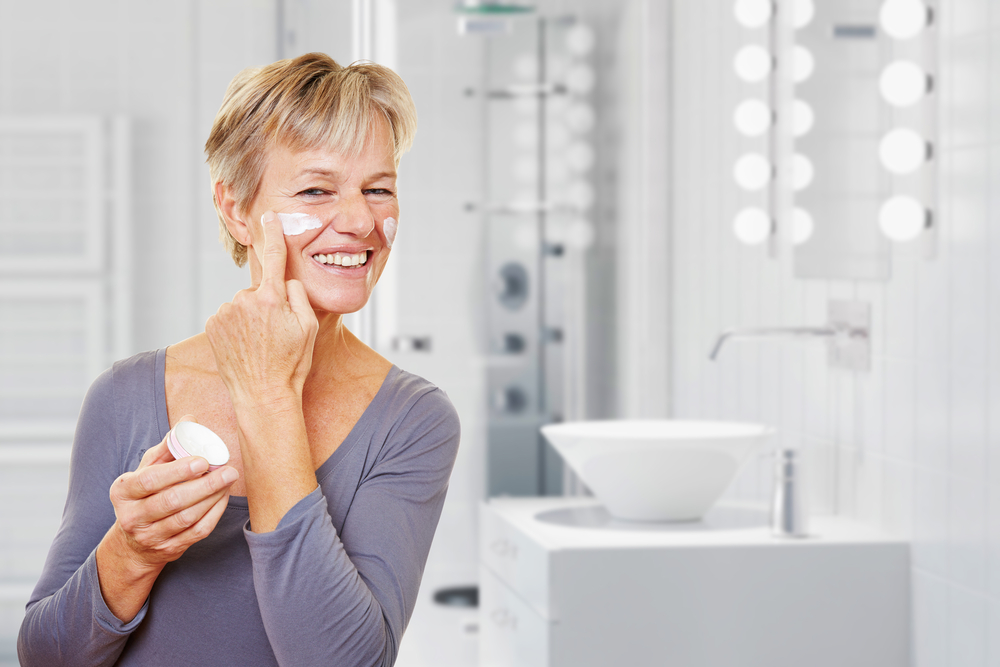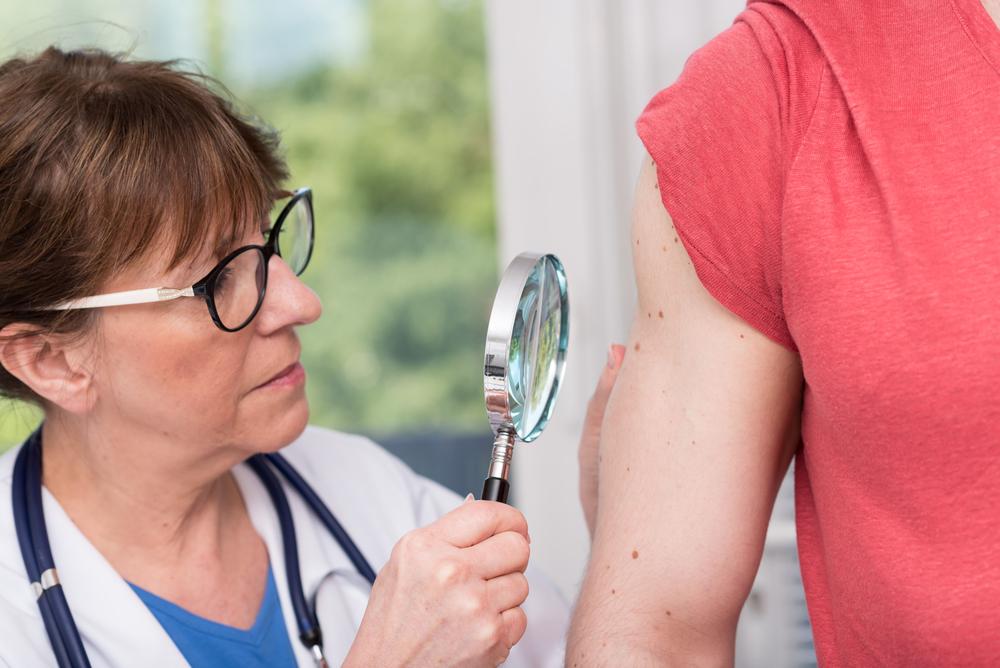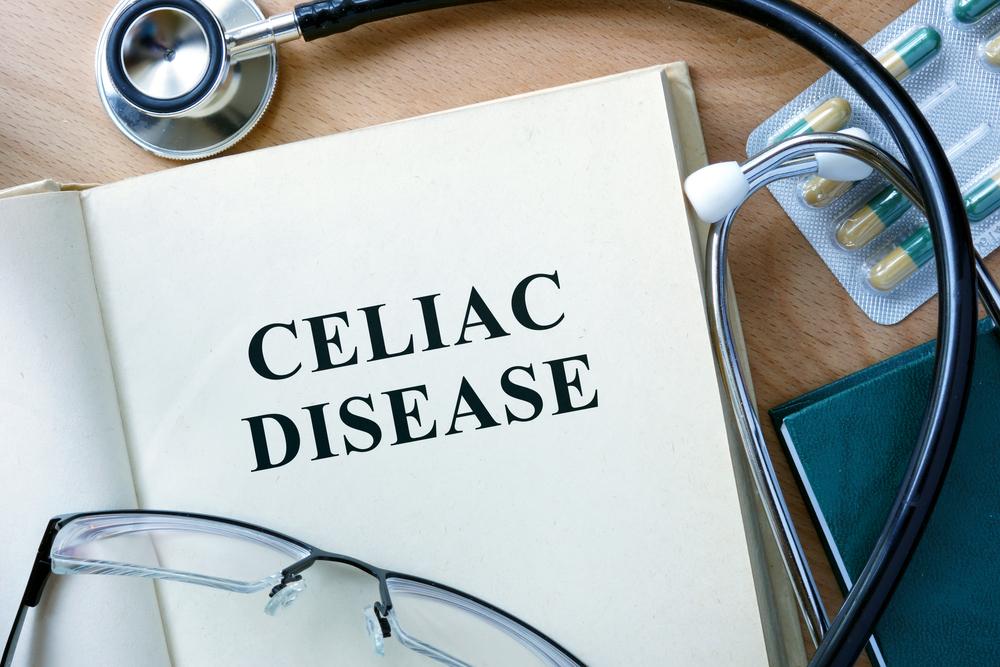Effective Strategies for Managing Eczema
Discover comprehensive eczema management techniques including medications, light therapy, and skincare tips. Tailored treatments aim to reduce symptoms, prevent flare-ups, and promote skin recovery. Always seek medical advice for personalized care plans and effective eczema control.

Effective Strategies for Managing Eczema
Eczema is a bothersome skin disorder characterized by red, itchy patches often appearing on the face, chest, or other areas. To alleviate discomfort, consulting a healthcare professional is essential, as they may recommend specialized ointments or medications. Eczema management focuses on controlling itching, preventing flare-ups, promoting skin healing, and avoiding infections.
Individual treatment plans vary based on symptoms, age, and medical history. Often, a combination of therapies yields the best results.
Proper skin care and hygiene are crucial for managing eczema.
Treatment Options
Medications play a key role in eczema treatment. Adherence to prescribed medications can accelerate healing, although responses differ among individuals, requiring tailored combinations.
Eczema creams, corticosteroids, and solutions are commonly used to reduce inflammation and relieve itching. Over-the-counter options are suitable for mild cases, while severe cases may require prescriptions.
The strength of steroid treatments depends on the severity and affected areas. Mild eczema can often be treated with OTC hydrocortisone. Non-steroidal anti-inflammatory creams, suitable for mild to moderate eczema, are effective in reducing inflammation in children over 2 years old. Barrier repair moisturizers restore skin hydration and prevent dryness and damage, with some formulations available OTC or via prescription. Bacterial infections caused by scratching may necessitate antibiotics, and antihistamines can help control nighttime itching, improving sleep.
Light Therapy
Ultraviolet (UV) light treatments like phototherapy are options for moderate to severe eczema. UV light helps regulate immune response, but excessive exposure risks skin aging and cancer, so treatments are administered cautiously with low doses. Types include UV phototherapy and PUVA therapy. Regular skin monitoring is important during these therapies.
Besides medical treatments, proper at-home skin care is vital. Always consult your healthcare provider before using new creams, moisturizers, or therapies.










